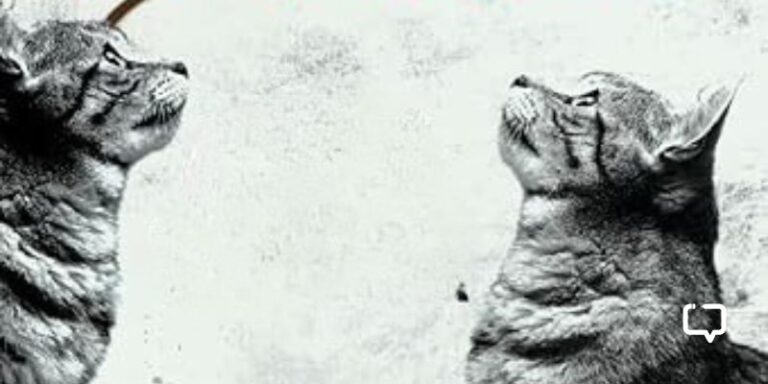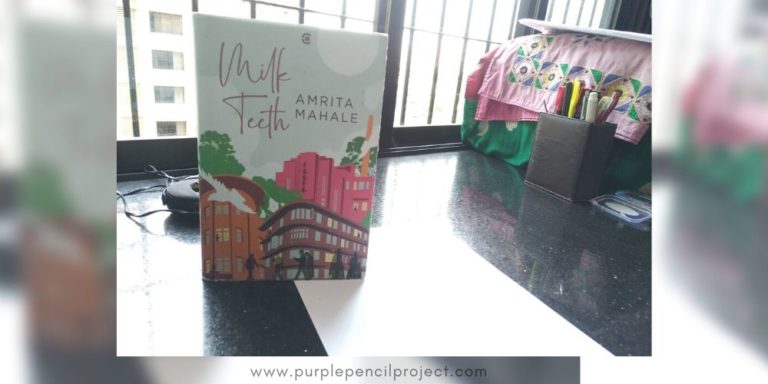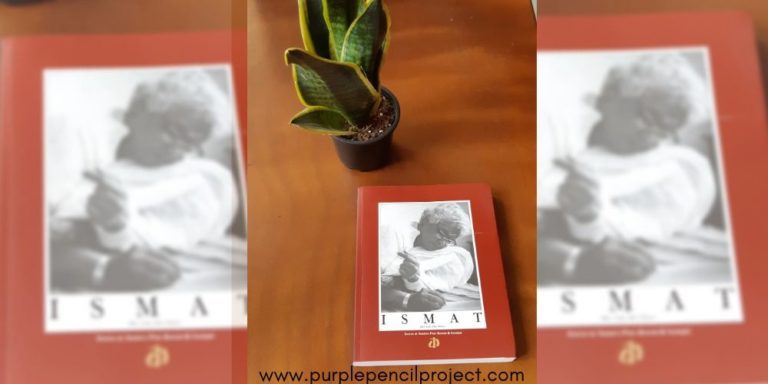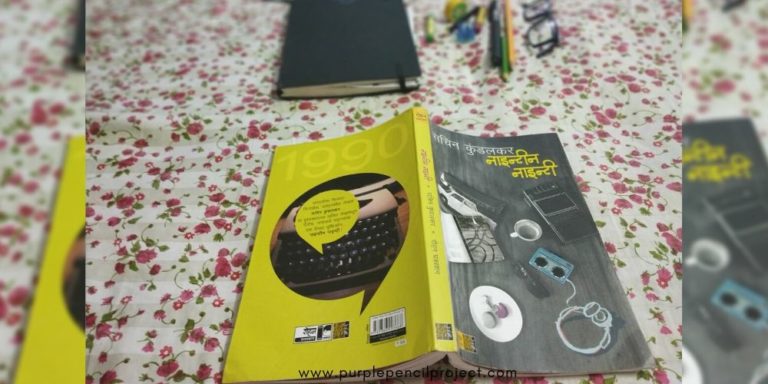It’s common to hear stories of sisters falling in love with the same man or brothers in love with the same woman. Romance and tragedy have both used this twist in sometimes subtle, sometimes dramatic and (mostly film), downright over-the-top ways.
In tone, Cobalt Blue thankfully falls in the first category, and the story explores an entirely different arc as Kundalkar weaves a poignant and touching tale of a brother-sister duo in love with the same man.
We encourage you to buy books from a local bookstore. If that is not possible, please use the links on the page and support us. Thank you.
Cobalt Blue is both typical and not in its portrayal of love, loss and longing- the holy trinity of the romance of life.
It follows Tanay and Anuja, part of an average Indian family of five in a Maharashtrian town, and their unnamed paying guest who enters their life and turns it upside down. Aseem, their elder brother, is unaffected by his entry, but both Tanay and Anuja fall in love with this elusive, mysterious guest, who reciprocates both their love, and neither sibling come out of it as the same person.
Shutting in
Both of them experience the broken heart of young lovers, discovering truths in their own ways, their love taking them in their own direction. But the experience seems doubly stifling for Tanay, who, even as he recovers from the shock of his beloved running away, must keep this from his family, to whom he has not come out.
Anuja faces the ‘shame’ of a public ‘wrongdoing’, and Tanay, with no other way, disguises his grief as one harboured by a brother for his sister, for that is the only way the family can accept his broken heart. The real pain he can share with no one.
Straight from the horse’s mouth
Cobalt Blue is narrated by both Tanay and Anuja. Tanay’s is a monologue, and Anuja’s is a diary entry. But their gender and their personalities shape their narratives, and we see two characters emerge before us.
While Tanay emerges as more shy and introverted, Anuja comes across as more outspoken, bold and outgoing. She also breaks the gender stereotype of the passive woman, taking her life into her own hands, especially in matters of independence and eloping.
Her brother, by contrast, does this more furtively. He leaves home without telling anyone that he won’t be coming back anytime soon, making only a call to his sister. Perhaps this becomes symbolic of his life in his family, whereas a gay young man who hasn’t come out, has to be surreptitious about all he does. He goes on dates, and meetups and goes about his social life – all without the knowledge of his own family. His love for the paying guest has to masquerade as friendship, and even that comes under his sister’s scanner when she cannot understand why her brother spends so much time upstairs.
Narratives’ reflection
Tanay’s monologue is more fluid, with several repetitions. It is directly addressed to the beloved who is gone, as Tanay, alone one day after his sister’s return, tries to make sense of what has happened. The paying guest’s entry into his life makes him feel that he has found true love, even before any movement has been made. He influences Tanay very deeply, changing his habits; from how he calculated his expenses or how he began his day. This is reminiscent of another character in another novel – Tridib, in The Shadow Lines by Amitav Ghosh. Like Ghosh’s work, here too the character is present despite his absence.
Anuja’s story is structured, as it presents itself in the written word. We follow her as her diary swings between the past and the present, we see her in love, in domesticity, in heartbreak, in depression and through it. It’s a richly coloured journey, tragic as it is, and silently cheers as she learns to stand on her feet, learning to live alone.
The narratives of the siblings are like two halves of a picture – the picture of a family, of a man, of love and rejection. The two halves fit together, but not perfectly. A picture does emerge, but still feels blurred and out of focus, as much for the reader as for the characters.
This, perhaps, is because the novel denies giving its readers any closed, neat ending. It presents a slice of life, which offers more questions than answers. Yet, it ends on a hopeful note for both Tanay and Anuja, as we learn from Anuja’s diary. By the time the novel ends, Tanay has left for Mumbai and Anuja has a home and a job, and a life to look forward to. One can hope that Tanay and Anuja will both find more opportunities for loving and living according to their wishes now.
Unrequited love, and then some more
The novel goes so much beyond just being a story of unrequited love. It is a coming-of-age story for both its characters, who learn so much about themselves and the world around them in the process of loving and being loved and rejected. And as they claw their way out of their shock and grief, one is hopeful of a better ending for them.
Family, absurd
This is also a satire on family, a unit where everyone knows everyone yet no one truly knows anyone. Theirs is a typical Indian family, with traditional gender roles, dinner table woes, sibling rivalry, parental favouritism, secrets, patriarchal attitudes and more. It’s the middling of the classes and the meddling of the feelings of its young members. You resonate with Tanay when he says,
“Each of us must perform our joys and sorrows for all the rest because this house has a front door, a back door and a side entrance. And often, no doors between rooms.”
And what about the paying guest? He remains a figure shrouded in mystery. Like Anuja we too see him, “…as if in a series of images: working on a painting, cooking his food, listening to his walkman, leaning out of the window to pluck chafe flowers, playing the guitar”.
A special mention should be for Jerry Pinto’s masterly translation (and I can think of no one else to handle the story of individuals in a family as well as he does). He has kept the pace and intensity of the book alive and even though I haven’t read the original Marathi, the translation flows eloquently, and with delicate refinement.
Favourite Quote:
“How did I acquire those habits? Perhaps that’s what happens during the forging of a relationship: if nothing else, you adopt some of the other person’s habits. It makes you feel those small adaptations, these adoptions, make him one of you.”
“‘Whatever happens, happens for the best!’ That’s how domestic counselling starts in a Marathi family. Everyone in every family has an inner psychiatrist who rises to the occasion with some home-made mottos, a few lines from a Jagjit Singh ghazal.”
Suggested Readings:
So Now You Know: Growing Up Gay in India by Vivek Tejuja is a memoir that brings to life the era of the nineties and the struggles of being gay.
Ghachar-Ghochar by Vivek Shanbhag is a tale of a close-knit yet dysfunctional family in modern India.






















3 Responses
This is such a beautiful review. Got this book as a gift from a dear friend, am yet to read it and this review makes me do it without further ado. Lovely review post !
Why did Anuja had to get married in order for Assem to get married? Isn’t he the older of the three?
Because being a girl ,she had to married off first .Rule in Indian family.
I didn’t understand what nature of relationship did Anuja had with stranger ?!